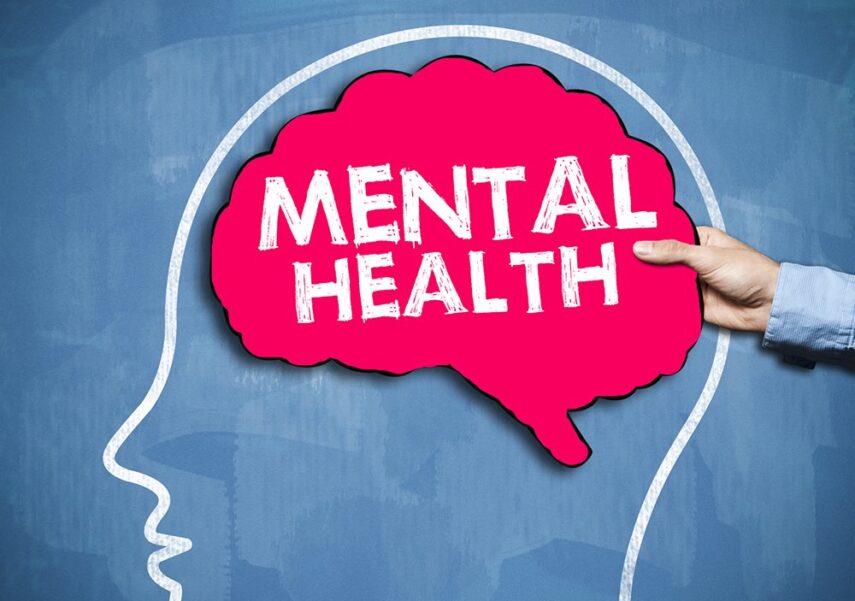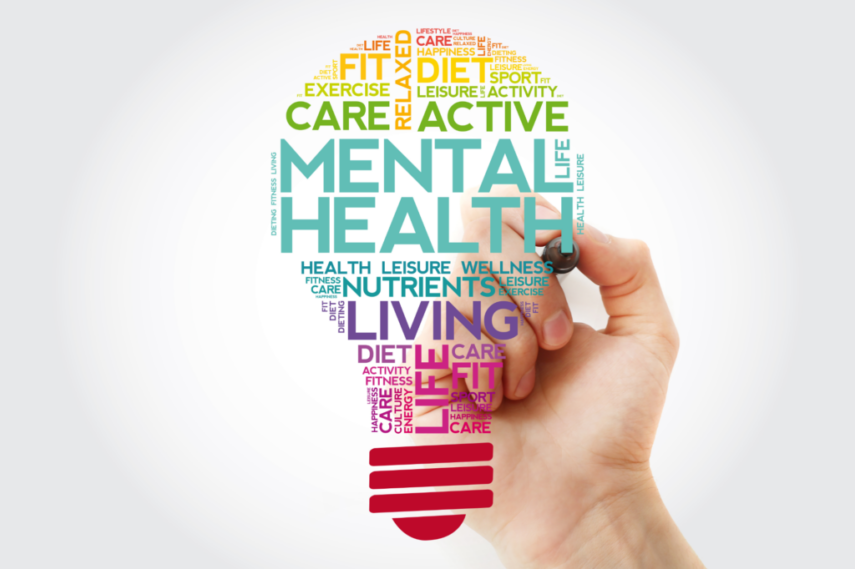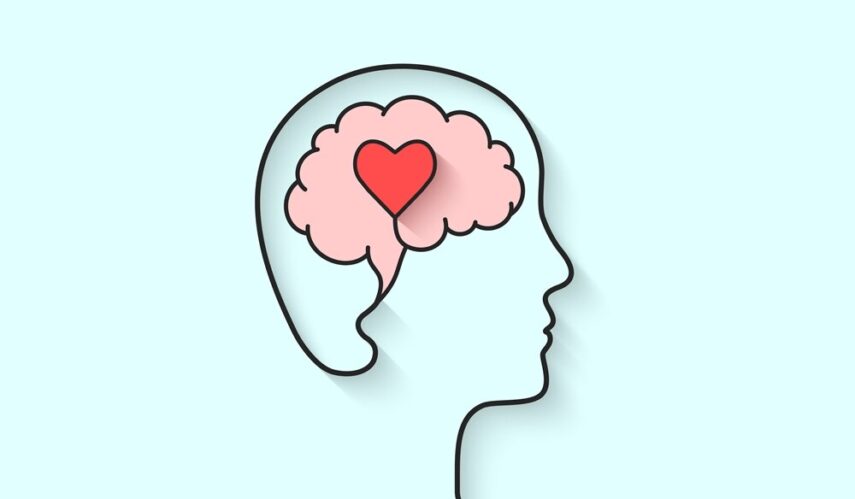Mental health is a critical aspect of our overall well-being. It affects every area of our lives, from our relationships to our work performance. However, it’s often overlooked or neglected, which can lead to serious consequences. That’s why it’s essential to prioritize taking care of your mental health.
In this article, we will discuss why mental health is so important and provide you with five ways to take care of it. By the end of this article, you’ll have a better understanding of how to prioritize your mental health and live a happier, healthier life.
The Importance of Taking Care of Your Mental Health

Mental health refers to our emotional, psychological, and social well-being. It affects how we think, feel, and act and determines how we handle stress, interact with others, and make choices. Mental health is just as important as physical health, and neglecting it can lead to a wide range of issues.
When you take care of your mental health, you improve your ability to cope with stress, increase your resilience, and enhance your overall well-being. Taking care of your mental health can also help you avoid more severe mental health issues, such as depression and anxiety disorders.
5 Ways to Take Care of Your Mental Health
There are many ways to take care of your mental health, but we’ve narrowed it down to five effective methods: exercise, healthy diet, meditation, therapy, and self-care. Let’s explore each of these in more detail.
1. Exercise

Exercise is not only good for your physical health but also your mental health. When you exercise, your body releases endorphins, which are natural mood boosters. Exercise also helps reduce stress and anxiety and improves your self-esteem.
Regular exercise can also help prevent and manage depression. Studies show that people who exercise regularly are less likely to experience depression than those who don’t. Exercise can also improve cognitive function and reduce the risk of cognitive decline.
2. Healthy Diet
A healthy diet is critical for your overall health, including your mental health. Eating a balanced diet with plenty of fruits, vegetables, whole grains, and lean protein can help improve your mood and energy levels.
Some foods are particularly beneficial for mental health, such as omega-3 fatty acids found in fish and nuts. Omega-3s have been shown to help reduce symptoms of depression and anxiety. Avoiding processed foods, excessive caffeine, and alcohol can also help improve your mental health.
In addition, it is important to spend time outdoors to oxygenate the mind. This is essential for those who want to have a better lifestyle. Many entities have green initiatives like Imana to contribute to this.
3. Meditation

Meditation is a powerful tool for improving mental health. It helps reduce stress and anxiety, improve focus and attention, and increase feelings of calm and relaxation. Meditation can also help reduce symptoms of depression and improve sleep quality.
There are many types of meditation, such as mindfulness meditation, transcendental meditation, and yoga. You can find many guided meditation apps and videos online to help you get started.
4. Therapy
Therapy is an effective way to improve mental health. It provides a safe space for you to talk about your feelings, emotions, and struggles with a trained professional. A therapist can help you develop coping skills, improve your communication skills, and manage symptoms of mental health issues.
Therapy can also help you identify and address underlying issues that may be contributing to your mental health concerns. It’s essential to find a therapist you feel comfortable with and who has the expertise to help you with your specific concerns.
5. Self-Care

Self-care is essential for mental health. It involves taking care of yourself physically, emotionally, and mentally. Self-care practices include getting enough sleep, spending time with loved ones, pursuing hobbies and interests, and practicing relaxation techniques. There are a lot of websites on the internet who can help you with your health, and one of them is https://healthreporter.com/sensa-health-app-reviews/.
Self-care also involves setting boundaries and saying no when necessary. It’s essential to prioritize your own needs and take care of yourself before taking care of others.
Additional Resources for Mental Health Support
If you’re struggling with your mental health, there are many resources available to help you. You can find support groups, online therapy, and crisis hotlines. Some excellent resources include the National Alliance on Mental Illness (NAMI), the Substance Abuse and Mental Health Services Administration (SAMHSA), and the American Psychological Association (APA).
Myths and Truths about Mental Health Care

Mental health care has come a long way in recent years, but there are still many myths and truths about it that persist in the public consciousness. Here are some of the most common myths and truths about mental health care:
Only People with Serious Mental Illnesses Need Mental Health Care
Truth: Everyone can benefit from mental health care, regardless of whether or not they have a serious mental illness. Mental health care can help people manage stress, anxiety, depression, relationship problems, and other issues that can affect their mental well-being.
Mental Health Care Is Expensive and Only for the Wealthy
Truth: While mental health care can be expensive, there are many affordable options available, including community mental health centers, sliding scale fees, and insurance coverage. Additionally, mental health care is not only for the wealthy, and people from all backgrounds and income levels can benefit from it.
Mental Health Care Is a Sign of Weakness
Truth: Seeking mental health care is a sign of strength and self-care. It takes courage to recognize that you need help and to take the steps necessary to improve your mental health.
Mental Health Care Is Only Talk Therapy
Truth: While talk therapy, such as cognitive-behavioral therapy, is a common form of mental health care, there are also many other types of treatment available, including medication, mindfulness-based practices, and art therapy.
Mental Health Care Is Only for Adults
Truth: Mental health care is important for people of all ages, including children and adolescents. Early intervention and treatment can prevent mental health issues from becoming more serious later in life.
Mental Health Care Is a Quick Fix
Truth: Mental health care is a process that takes time and effort. It often involves a combination of different types of treatment, and progress can be slow and gradual. However, with commitment and perseverance, people can make significant improvements in their mental health.
Mental Health Care Is Only for People with Diagnosed Mental Illnesses
Truth: Mental health care can benefit anyone who is struggling with mental health issues, even if they do not have a diagnosed mental illness. It can help people develop coping skills, improve their relationships, and enhance their overall well-being.
Conclusion

Taking care of your mental health is essential for a happy, healthy life. By incorporating exercise, healthy eating, meditation, therapy, and self-care into your routine, you can improve your mental health and overall well-being. Remember to prioritize your mental health and seek support when needed. With the right tools and resources, you can live a fulfilling life with good mental health.







